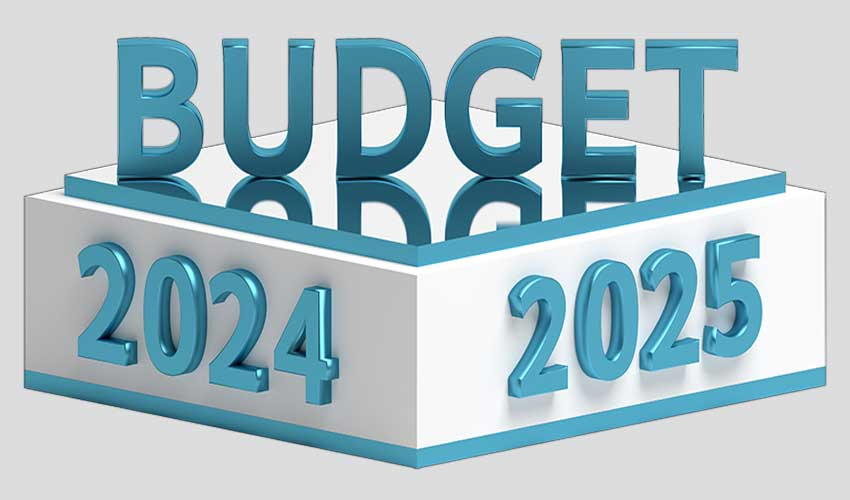
Property Tax after Budget 2024-2025
Federal Finance Minister Muhammad Aurangzeb has announced a new tax regime for capital gains on property sales during his budget speech in the National Assembly. This article delves into the key aspects of these proposed taxes and their implications for both filers and non-filers in the real estate market.
The new tax framework for real estate, effective from the next financial year, introduces a tiered system with differentiated tax rates for filers and non-filers.
For Filers
Tax Rate: 15% on the purchase and sale of property
Objective: Ensure compliance and proper documentation, promoting transparency in the sector.
For Non-Filers
Tax Rate: 45% on property transactions
Objective: Serve as a deterrent against remaining outside the tax net, encouraging compliance with tax filing requirements.
For Late Filers
Special Rate: Introduced to streamline and regularize the tax filing process.
Finance Minister Aurangzeb highlighted several key objectives behind these tax modifications:
1. Documenting the Economy: The primary goal is to bring more real estate transactions into the documented economy by imposing higher taxes on non-filers and late filers, reducing unreported or underreported property sales.
2. Addressing Rumors: The new tax rates aim to dispel speculations regarding tax evasion and unregulated transactions by establishing a clear, enforceable tax policy.
3. Promoting Transparency and Accountability: The distinct tax rates for filers and non-filers are designed to enhance transparency and accountability in real estate dealings, improving market integrity.
4. Ensuring Proper Accommodation: A more structured and documented real estate market is expected to provide accurate pricing and better availability of housing options, meeting public accommodation needs more effectively.
Revenue Goals and Economic Impact
The government aims to generate Rs 477.11 billion from income tax on properties in the upcoming fiscal year. This revenue is crucial for funding various public services and infrastructure projects.
Market Impact
Short-Term Resistance: Non-filers may initially resist due to the higher tax rates.
Long-Term Benefits: A more robust and transparent property market is anticipated, with filers conducting activities with greater confidence, knowing their transactions align with government policies.
Conclusion:
The proposed taxes on real estate in Budget 2024 signify a significant shift in property transaction taxation. By differentiating tax rates based on filing status, the government seeks to enhance compliance, promote transparency, and achieve substantial revenue goals. Real estate investors, buyers, and sellers must understand these changes and adapt to the new tax landscape to navigate the evolving market dynamics effectively.
For more updates and detailed analysis on the impact of Budget 2024 on real estate stay tuned to our blog.
